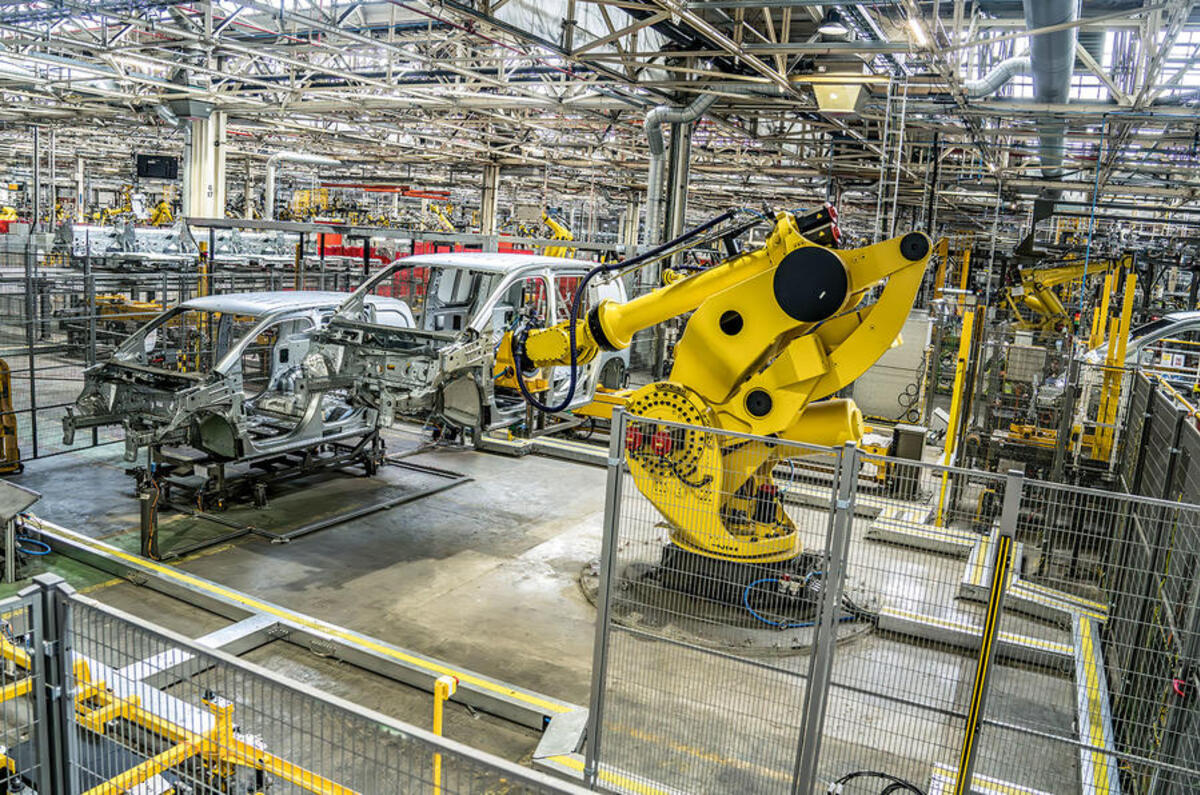The industry shift from combustion to electric power has prompted a radical rethink about how the cars themselves are actually built at volume, with a focus on efficiency and cost-saving.
“EVs changed everything,” said Joerg Reger, managing director of Swiss giant ABB’s automotive robotics division, which supplies manufacturing robots globally.




Add your comment